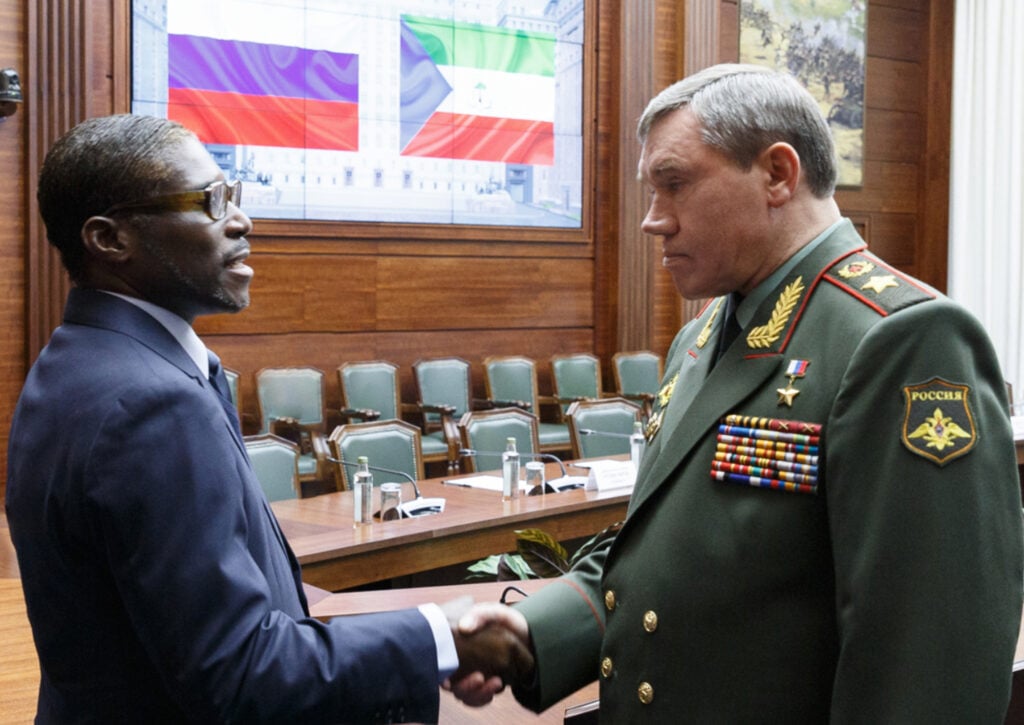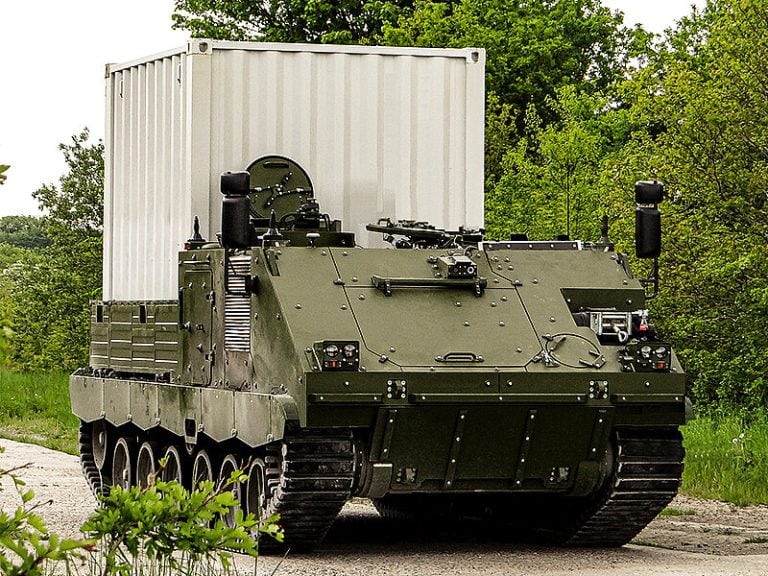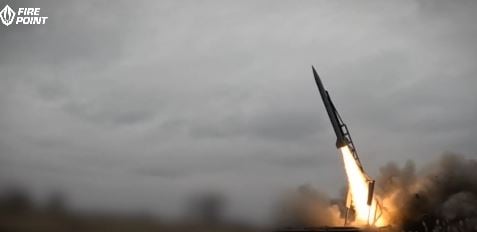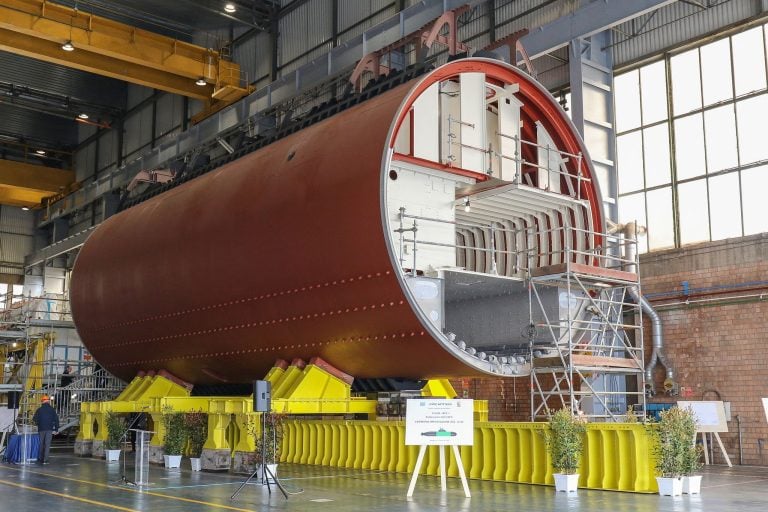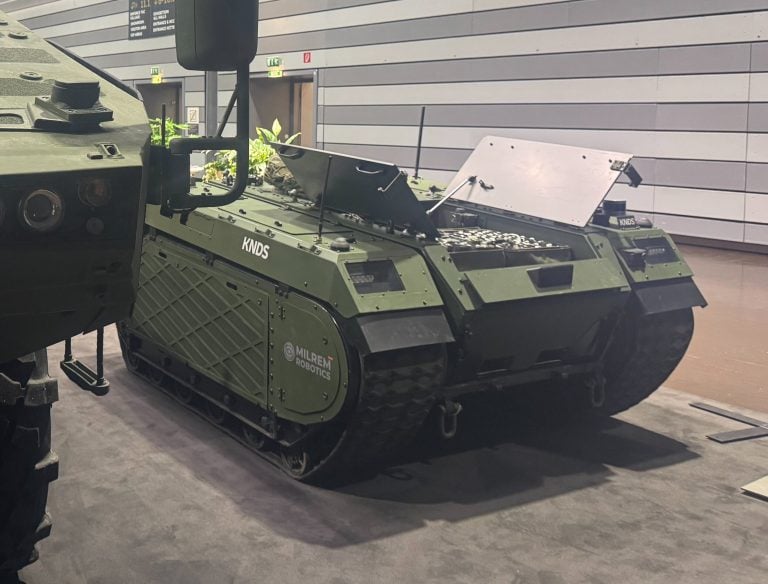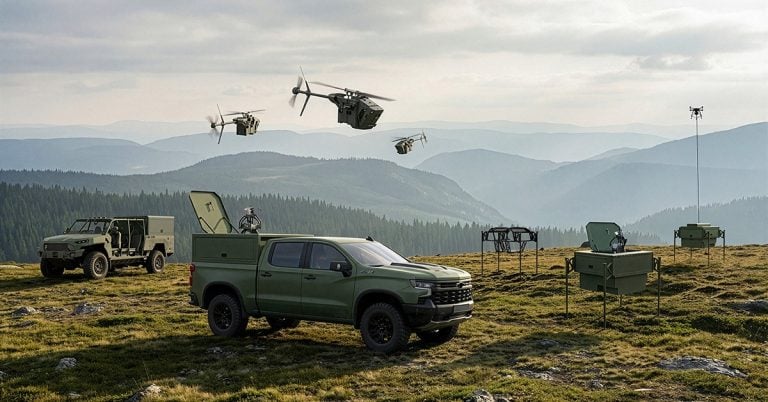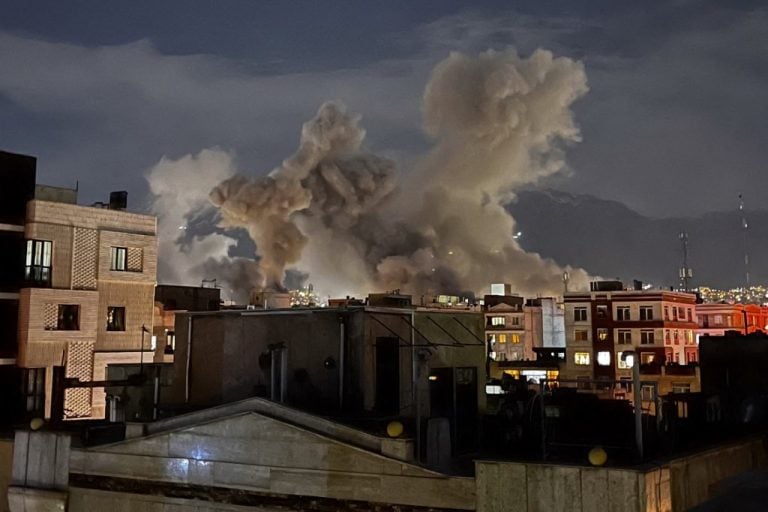Equatorial Guinea’s vice president vehemently rejected rumors suggesting that the central African nation is sending troops to support Russian forces in Ukraine, asserting that these claims are baseless. Teodoro Nguema Obiang’s comments came in response to an article published by the French newspaper Le Monde and cited in an AFP report, which alleged that Equatorial Guinea had hired Russian mercenaries and engaged in military cooperation with Russia regarding the conflict in Ukraine.
In a statement shared on social media platform X, Nguema, who is the son of the country’s long-serving president Teodoro Obiang Nguema Mbasogo, dismissed the information as a “falsehood.” He referred to a report from the Spanish newspaper Diario Rombe, which is linked to Equatorial Guinea’s exiled opposition and claimed that military agreements with Russia included provisions for the recruitment of soldiers for the Kremlin’s military endeavors.
Nguema clarified that young individuals from Equatorial Guinea traveling to Russia are there for educational purposes, particularly to attend reputable universities. He emphasized that these students are not being sent to participate in warfare but are expected to return upon completing their studies to contribute to the nation’s defense.
Further elaborating on the cooperation between Equatorial Guinea and Russia, Nguema stated that while there are no mercenaries in the country, there are Russian instructors present to provide training in the defense and security sector. He reiterated that these instructors are part of broader agreements aimed at enhancing the capabilities of Equatorial Guinea’s military forces.
However, military sources have indicated that despite the agreements established in 2024 for Russian instructors to conduct training, no actual training sessions have occurred since the initial Russian contingent arrived in August of that year. Nonetheless, reports of foreign paramilitary groups entering the country continue, with sources estimating their numbers to be around 300, accompanied by military equipment and vehicles.
Under the longstanding rule of President Obiang, who has been in power for 45 years, the country has faced significant criticism for its restrictions on freedom of expression. This political environment raises questions about the transparency and reliability of official statements regarding military activities and foreign relations.
